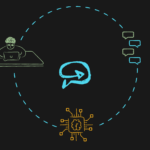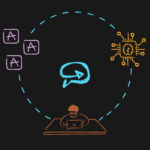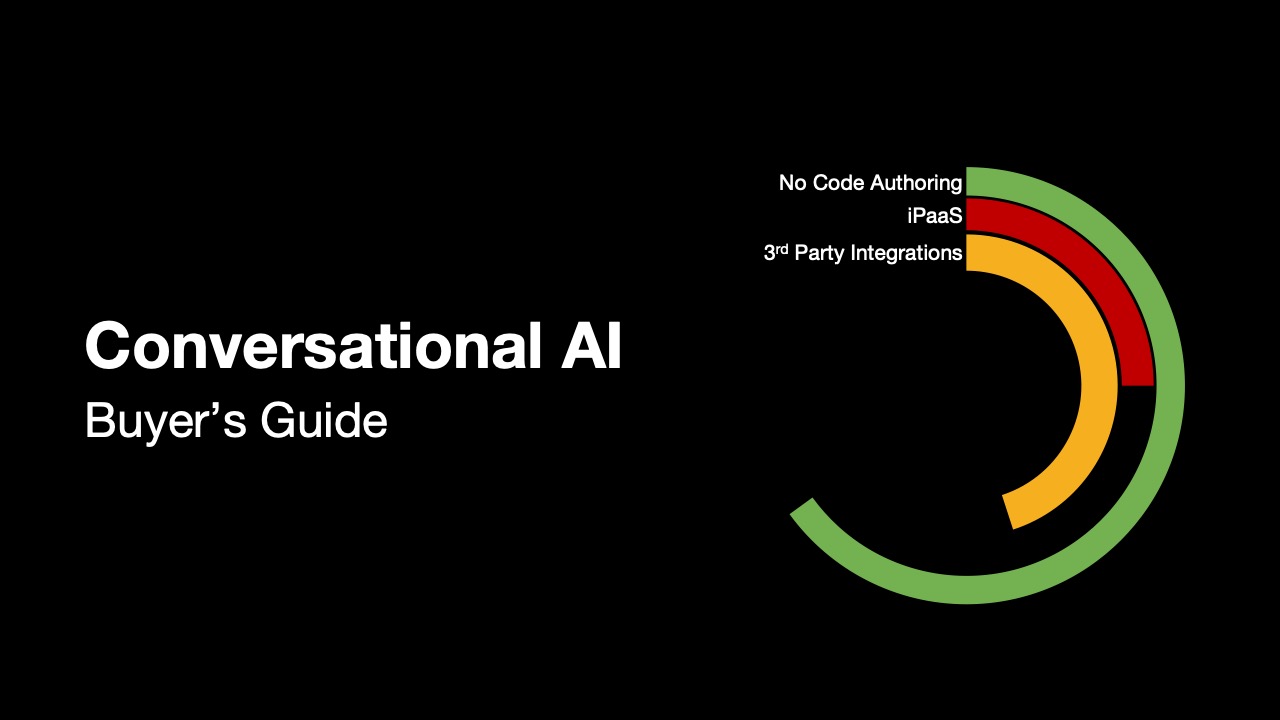
People
Customers, Customer Success, DevOps, Application Development, Executive Management

Apps
eMail, DataDog, Slack, Jira, TeamCity
About
This SaaS company offers endpoint detection and remediation software to customers across the globe.
Challenge
The company produces specialized threat defense software. The software is delivered and deployed to customers across many different global regions. The diverse deployments come with specific data and privacy requirements based on various country or EU laws like GDPR. The variability caused this software company to manage and maintain a growing set of more than 50 distinct SaaS production customer instances across the globe. Each instance requires an independent release process since certain features and fixes in one instance need user acceptance approvals from others to minimize disruptions and unintended consequences. The company found it challenging to manage new features and fixes in so many environments, each on its own independent timeline. Release management and customer success staff manually chased down stakeholders and updated Jira for compliance. However, Jira could not provide a high-level view of which stage a particular update was in for each environment. Disparate data sources caused the company to maintain a Google Sheet to notify internal stakeholders so they could effectively inform customers and partners.
Solution
The company selected Krista to coordinate, orchestrate, and execute software release management processes across the DevOps toolchain and stakeholders. Krista now automates software delivery and manages rule-based gates and checkpoints to ensure updates, release notes, and documentation are automatically provided to relevant stakeholders – Customer Success, application development, site reliability engineers, and customers. When development releases a new software version, Krista creates epics and tasks in JIRA to document approvals from internal QA, Presales, and Customer success. As each role approves or schedules deployment, Krista acknowledgments and provides automated change management reports for each role in the process.
Benefits
Krista now automates, manages, and audits a formerly manual change request process. Automating the process and integrating disparate communication tools like email and Slack centralizes communication and notifies only relevant parties and stakeholders to reduce noise. Today, understanding the burden and bottlenecks in the release process no longer falls on individuals. Krista takes this burden and saves time by eliminating manual data collection and data entry. The company predicts it will be able to reduce its current eight to twelve-week release cycle time to six weeks and therefore increase customer satisfaction and retention. Since Krista now orchestrates the process, she stores all communication and transactions to automate dashboarding, manage service level agreements, and automates compliance documentation.





